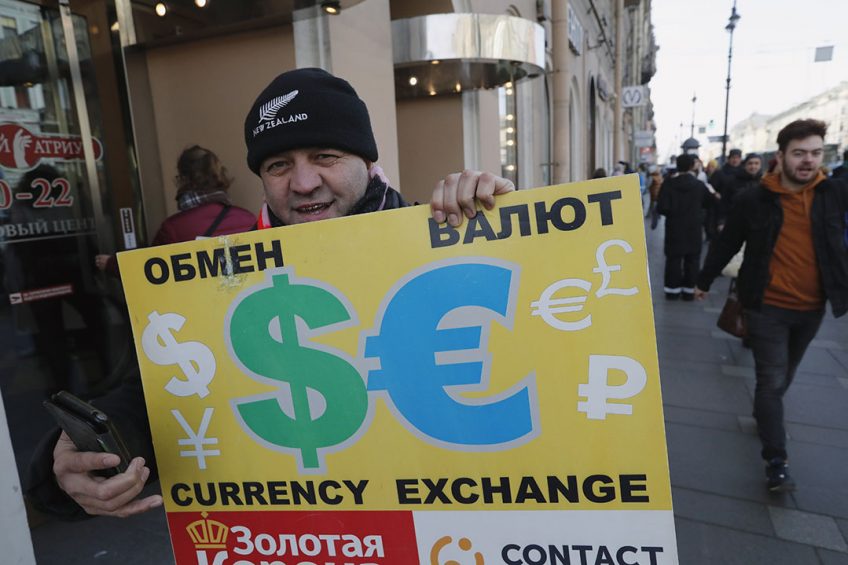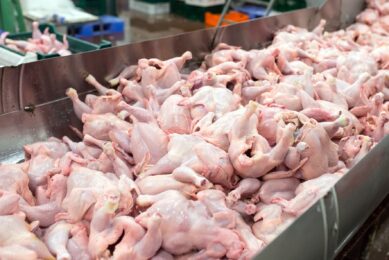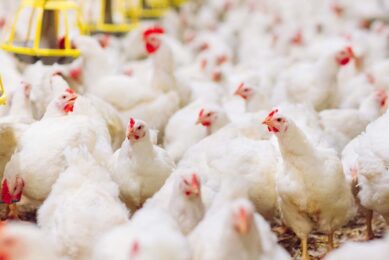Russia sees strongest poultry production decline in a decade

In the first 2 months of 2021, Russian poultry production dropped by 6.2% compared to the same period of the previous year.
“We didn’t see such a drop in over a decade”, said Sergey Lakhtyukhov, general director of the Russian Union of Poultry Producers. The Russian poultry industry is impacted by several factors. First, there is a sharp rise in production costs. The price for some feed additives on the Russian market jumped by 260% on a year-on-year comparison. Wheat, soybean meal, and other feed ingredients are getting more expensive too, Lakhtyukhov said.
Hatching egg shortage
As Russia banned the import of hatching eggs from several important suppliers at the end of 2020 due to highly pathogenic avian influenza, hatching eggs are in short supply. This also caused an increase in production costs in the Russian poultry industry, and its impact is growing over time. “We experience a shortage of high-quality hatching eggs,” Lakhtyukhov said, adding that it affects the market supply. On the other hand, Russian producers have recently begun importing hatching eggs from other countries. Recently, the weekly level of imports is above the level of the past 2 years.
Price constraints
In February of 2021, Russian poultry producers agreed with major retailers to jointly constrain prices on the domestic market, even if that meant working with minimal profitability. As explained by Lakhtyukhov, the production cost per kg of broiler meat in Russia currently stands at 120 Roubles (US$ 1.8), and over the past 2 months, poultry farmers have been supplying broiler meat at a price below 130 Roubles (US$ 1.9) per kg.
Russia plans to raise import tax hatching eggs
The Russian government rolled out plans to subject hatching eggs to a 5% import tax starting 1 January 2022. A further raise of 15% is set for 2023.
In December of 2020, President Putin ordered his government to halt the surging cost of basic foodstuffs amid discontent over declining living standards. The authorities announced price caps for some staples, while major retailers promised to negotiate with their suppliers to keep prices under control. Despite that, in early April of 2021, the Russian Federal Antimonopoly Service (FAS) began an investigation into the sharp rise in prices for broiler meat and eggs on the domestic market. The Russian regulator estimated that the retail prices for eggs on average in Russia jumped 30%, while production costs rose by 18.5%. FAS said that it planned to check whether the biggest producers abused their dominant market position and check the existence of “agreements prohibited by antimonopoly legislation.”
Join 31,000+ subscribers
Subscribe to our newsletter to stay updated about all the need-to-know content in the poultry sector, three times a week. Beheer
Beheer











 WP Admin
WP Admin  Bewerk bericht
Bewerk bericht